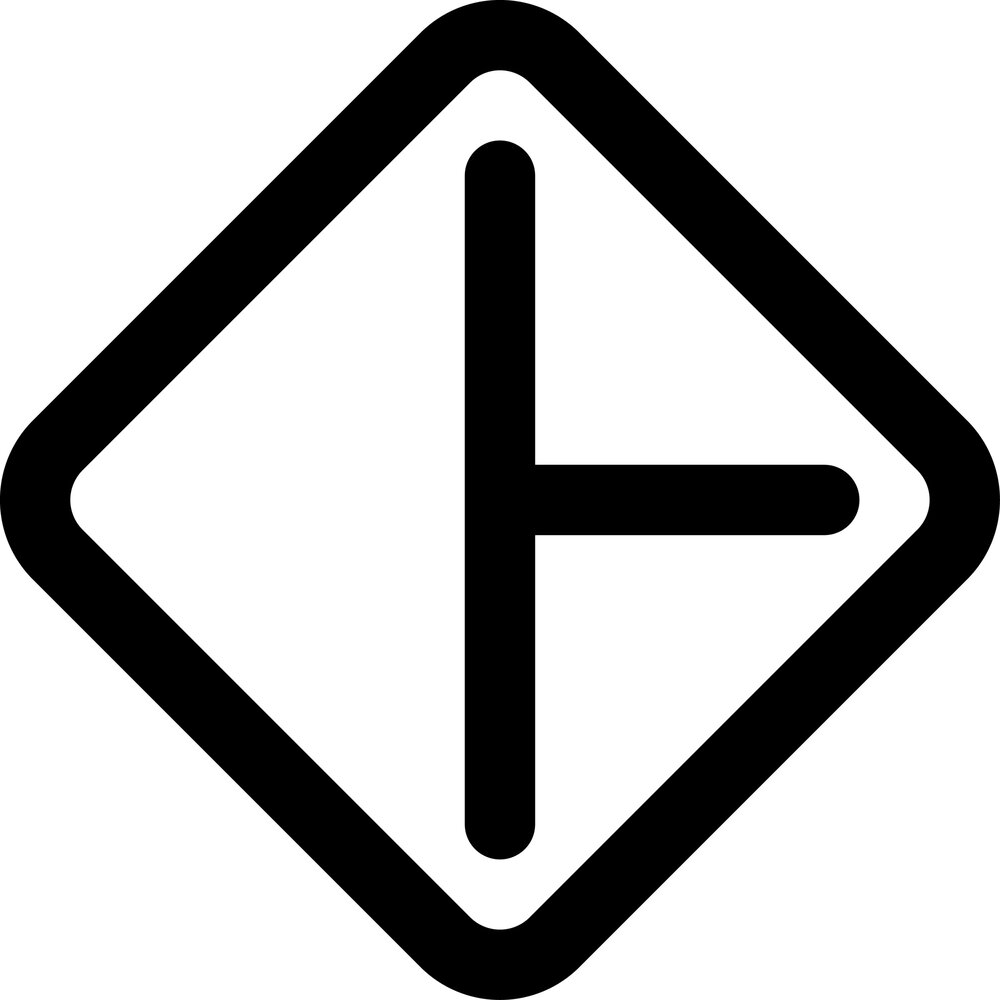'The real danger is not that computers will begin to think like men, but that men will begin to think like computers.'
Sydney J. Harris
A sentiment that I find very interesting, though I rather disagree with it. I don't think that the use of computers, or technology for that matter, forces people to think like the devices they are using. The degree to which we use computers and smartphones has certainly altered our habits and lead to a lot of screen time, but does that mean we are thinking like computers?
In order to use computers and technology effectively, I think we actually have to do the opposite. Instead of 'mechanical' thinking, as computing is now, we have to think creatively. We have to first understand how the computer works (to some degree) and then how to interface with it in order to produce our desired outcomes or results.
Pablo Picasso said,
'Computers are useless. They can only give you answers'
but that is not true anymore. Computers help you explore and discover, but many of those capabilities (programs) have been built by people. The computer remains the machine that runs them.
Learning to program, how to ask the computer questions and how to make it do what you want is an great challenge that forces the learner to think within a logical framework to come up with creative solutions to their problem. That seems like the opposite of 'machine' thinking to me.
Another trend that I think will continue to be very important is the set of programming tools that allow non-programmers to build in a different way. For example, html generators and visual editing of website templates allow the user to interact with the computer without a complex understanding of programming. Another example, a company called IntuiLab came out with IntuiFace, a 'platform for creating interactive digital experiences'. Commands and interactions are built in a visual composer with mouse clicks instead of lines of code.
I like that the gap between someones programming skills and the things they are able to do is closing. I think this is an interesting niche that will continue to grow, especially as digital technology continues to play an important role in our lives. I wouldn't be surprised if someone out there is currently working on, or has already come out with, an interface to perform data science operations without being a data scientist, or an intuitive way to interact with databases.
